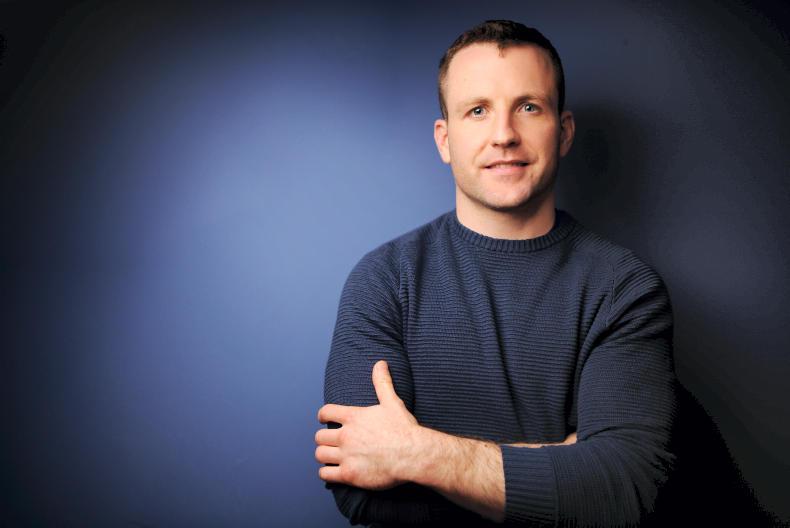There’s a lot said about the importance of mindset in achieving the results that we want from different areas of life, but what does it actually mean?
As a coach I help individuals and companies create compelling visions of where they want to go and then help them stay on track to getting there.
We all live busy lives and often have the tendency to get caught up in our heads fretting about the past or worrying about the future
For me the word “mindset”, when used in the area of goal setting and achievement, is about slowing down to speed up, it’s about becoming proactive rather than reactive, and is about managing to drown out our inner critic and replace it with a supportive voice internally.
We all live busy lives and often have the tendency to get caught up in our heads fretting about the past or worrying about the future. In life, we can survive or thrive, and the fast pace we live at can often leave us in survival mode, in a chronic state of fight or flight. It’s impossible in this place to think in a creative or inspired way about where we want to go. Instead we merely look to keep our heads above water and get through the day.
1 I encourage clients to block off a little free time, turn off their phone and get a pen and paper. From here begin writing about where you want to go in each of the key areas of life. Assess what’s working and what’s not before describing where you’d like to be in three, six and 12 months. From here try to pinpoint a number of specific goals and put a date to them. An example of a specific goal might be that I want to train a minimum of three times a week for the next three months.
2 A key element of setting goals is first accepting where you are. We’ve got a tendency to blame others or our situation for why we haven’t achieved certain things. The other angle we often take is to shame or beat ourselves up for our current position. Neither blame nor shame help us and both actually end up taking our power. Acceptance is key. The more honest you can get about your starting point, the more honest you can be about where you are trying to go.
3 When thinking about the goals you want to accomplish, try to develop leverage by thinking of all the areas of life achieving your goal will support. For example, getting fit won’t just help you physically, but will also improve your energy and sleep, your confidence, your presence, your productivity and your ability to handle stress. Recognising all of the things you’ll gain from achieving your goals gives you a strong reason to follow through and stay consistent.
4 Once we’ve gotten some specific goals on paper, we’re in a position to become more proactive in life, and we can plan our weeks and days in accordance to our goals. I try to sit down weekly on a Sunday and schedule in anything that is needed for my goals into my schedule.
Hope, or leaving things to chance, isn’t a good strategy and so I’ll schedule workouts, deadlines for work targets and any other tasks that I need to prioritise. From here I can sit down each evening and find my three highest priorities for the next day. This takes me from a busy fool looking to catch up, to a proactive action taker on track for progress. As well as tracking my priorities for the next day I track my wins for today.
This is vital. We can be very fast to notice and focus on what we didn’t achieve or what we’ve got left to do. We work toward targets, but often continually move the goal posts on ourselves, creating an impossible game to win. This gives us the feeling of always trying to catch up or never being on track. When we acknowledge and put attention on our mini wins each day, we begin seeing the progress we are making rather than being obsessed by how far we have to go.
5 The nature of going after any goal is that life will throw curve balls at us. Look to identify any potential challenges that may arise and come up with solutions or alternative plans for when they do. For example, if my goal is to get to the gym three times a week for the next three months, I might identify that a potential road block could be a lack of motivation to train. Rather than hope for the best, I’ll address this potential challenge by getting a training partner who can support me.
6 Finally, after setting your goal, breaking it down and identifying your weekly and daily priorities, it is important that we manage our internal dialogue and protect our confidence on a daily basis. Take at least a few minutes daily to meditate or journal, allowing yourself the chance to take a break from over-thinking and instead find peace and calm in a few quiet moments. Consciously find ways of slowing down everyday to ensure you are staying in a positive and pro-active state and not becoming stressed and overly busy, likely to make poor decisions that don’t support your goals. Begin monitoring your internal chatter and get in the habit of catching any negative stories or beliefs and asking, “What would be possible for me if this belief wasn’t true?”
Pat Divilly is a speaker and coach who works with companies and individuals globally in the areas of clarity, confidence and communication.




SHARING OPTIONS